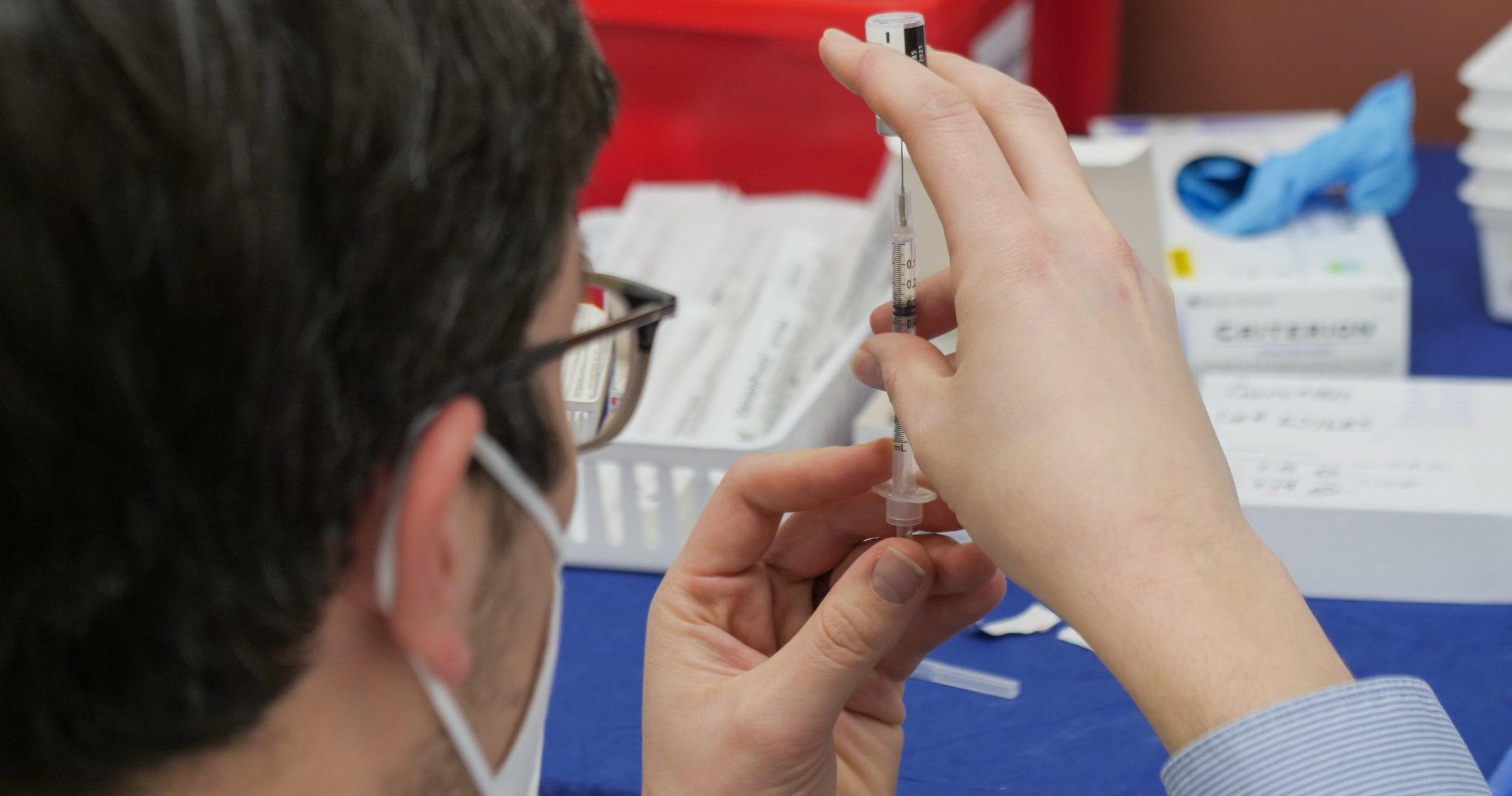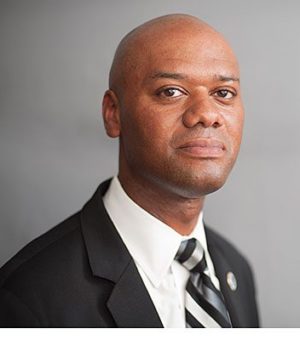
What Biden’s COVID-19 Rescue Plan Could Mean for People in the Justice System
Last week, then-President-elect Joe Biden released a $1.9 trillion COVID-19 relief plan that builds on what Congress passed last year and would have specific implications for the criminal justice system’s pandemic response.
Broadly, the plan would provide $50 billion to increase testing, support local governments to carry out regular testing protocols, and deliver financial assistance to people struggling with the economic crisis, all while expanding access to care for populations that are most at risk of contracting the coronavirus, such as people of color, who have borne the brunt of the pandemic.
For people in prisons, the plan would ensure COVID-19 testing. It would also provide additional resources for federal, state, and local prisons, jails, and detention centers, including funding for mitigation strategies, supplies, safe reentry for people returning to local communities, and the vaccination of both incarcerated people and facility staff.
Even before the pandemic, jails and prisons across the U.S. faced challenges preparing people in their custody for successful reentry. Now, many service providers have been forced to halt essential reentry services due to COVID-19. The Council of State Governments Justice Center surveyed reentry providers around the country last year about how the pandemic was affecting their work—roughly 75 percent of the 126 respondents in 35 states said they had shut down or limited services due to budget cuts.
And while jails across the U.S. are seeing reductions in their populations since the pandemic struck, some local officials say the prevalence of mental illness in their facilities remains stubbornly high. Biden’s relief plan includes $4 billion to enable the Substance Abuse and Mental Health Services Administration and the Health Resources and Services Administration to expand access to behavioral health services.
While some of the plan’s proposals can be accomplished by executive actions, the majority of the plan will have to approved by Congress.
For more information, read the Biden Administration’s National Strategy for the COVID-19 Response and Pandemic Preparedness, released this week.
Photo by Steven Cornfield on Unsplash.
About the Author











